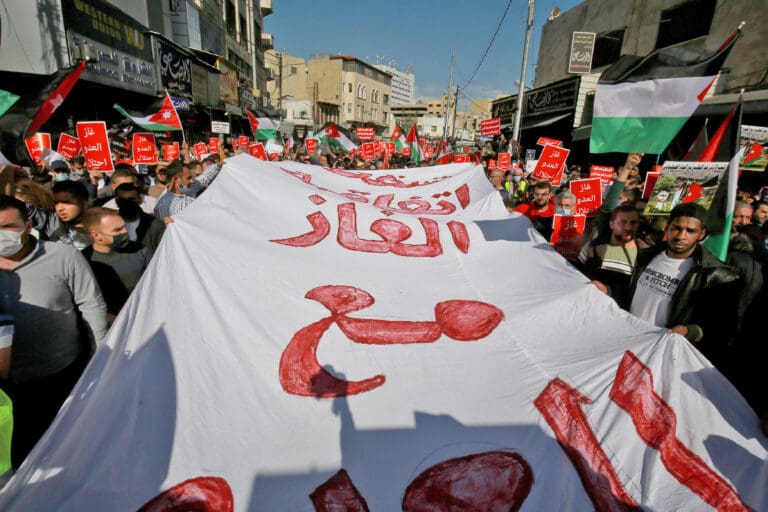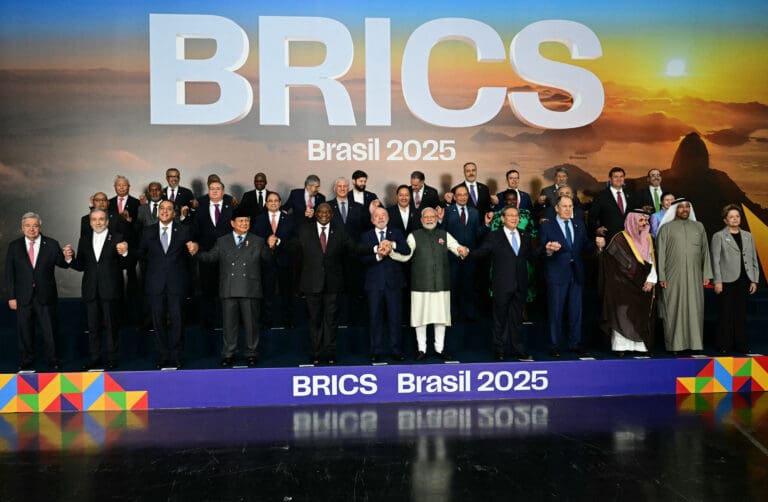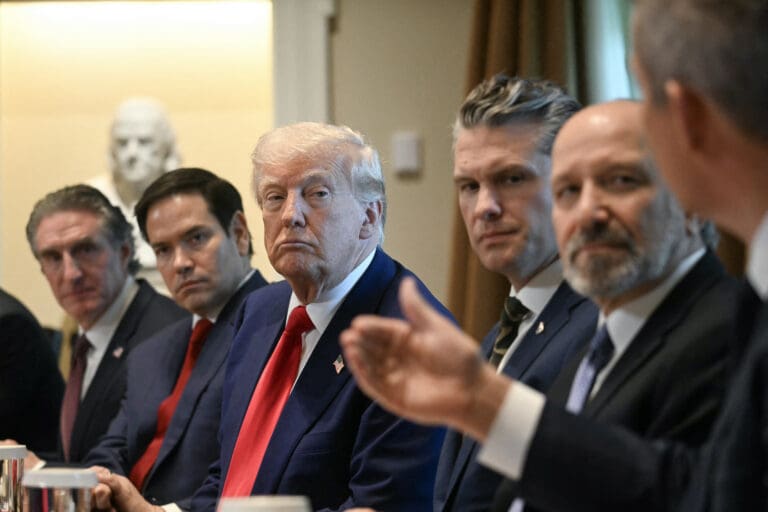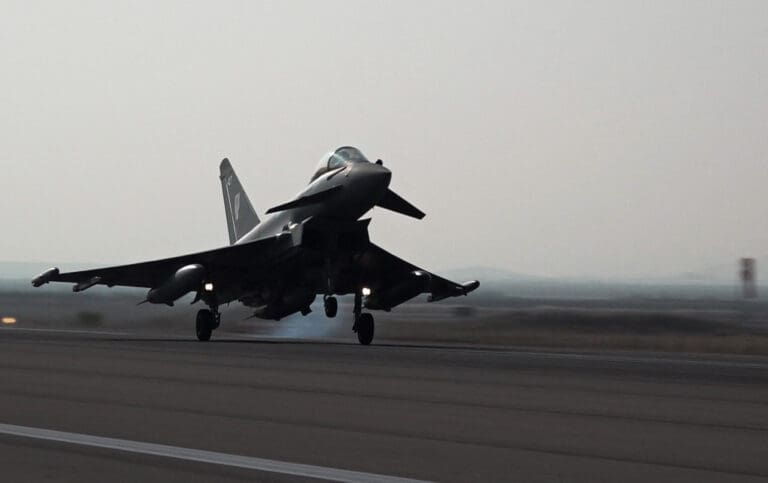All Articles
Search by
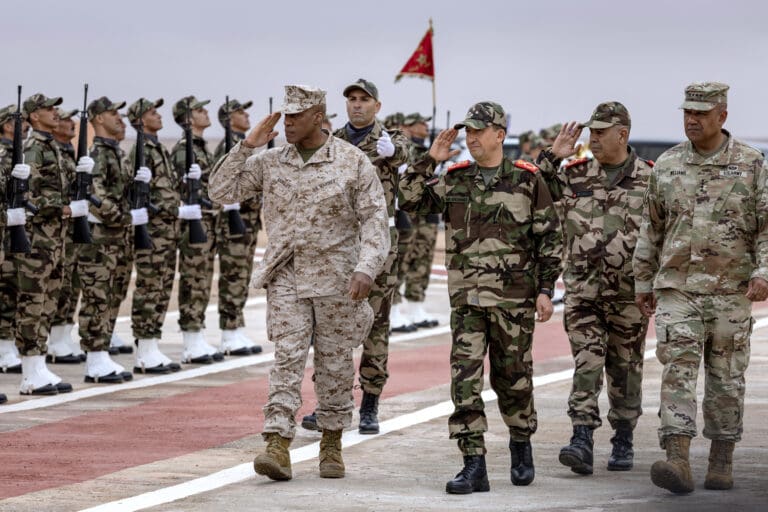
North African states have transitioned from passive observers into active participants in the global contest between rival superpowers. Although they are not central players, their strategic location, abundant resources and infrastructure needs render them increasingly important in global geopolitics.
Yahia H. Zoubir
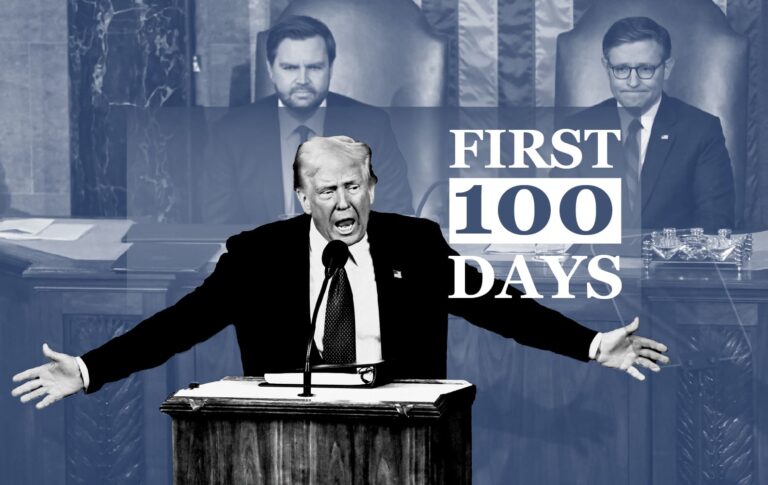
In this Council Views, experts from the ME Council reflect on the past 100 days of the new Trump administration's disruptive foreign policy, unpacking what recent changes mean for MENA and how states are responding—from USAID and State Department cuts, to the U.S.-Iran nuclear talks, to Gulf states’ posturing ahead of the president’s expected visit

